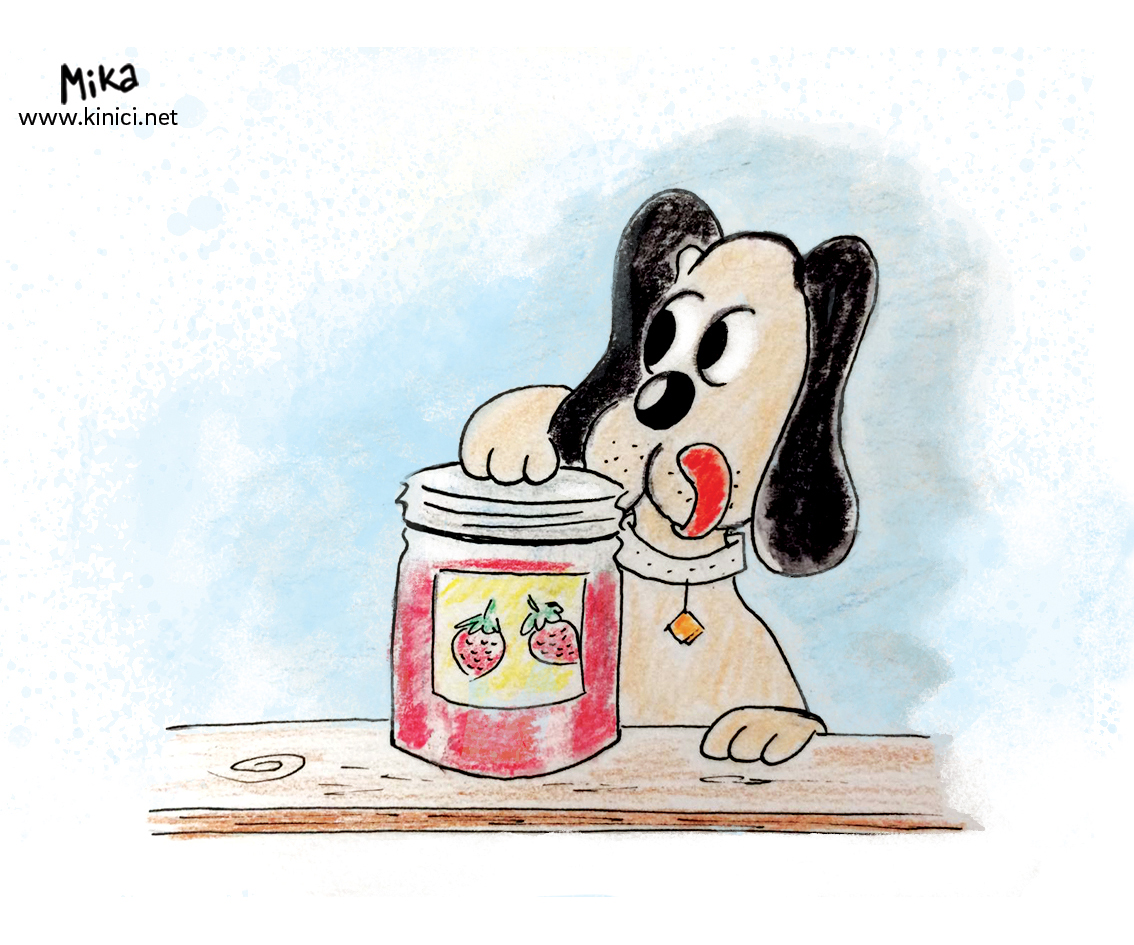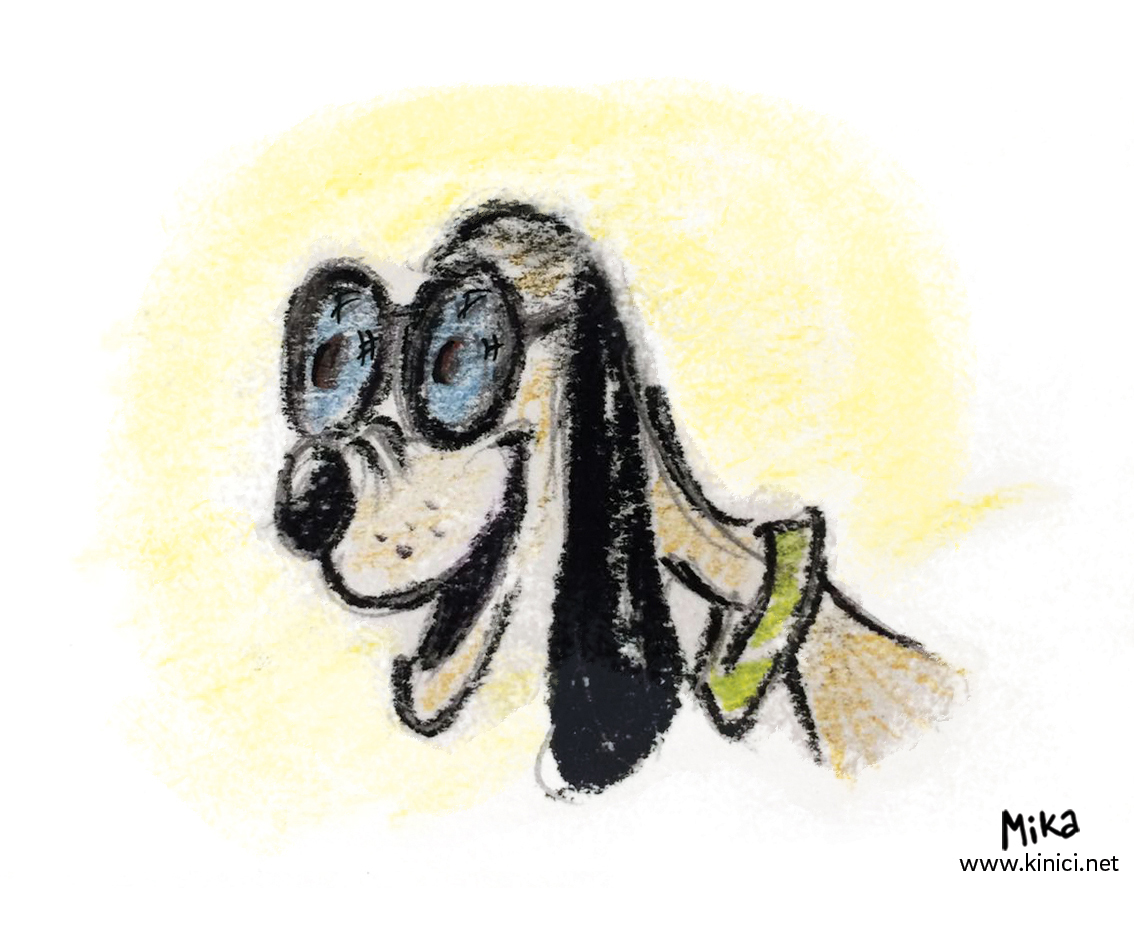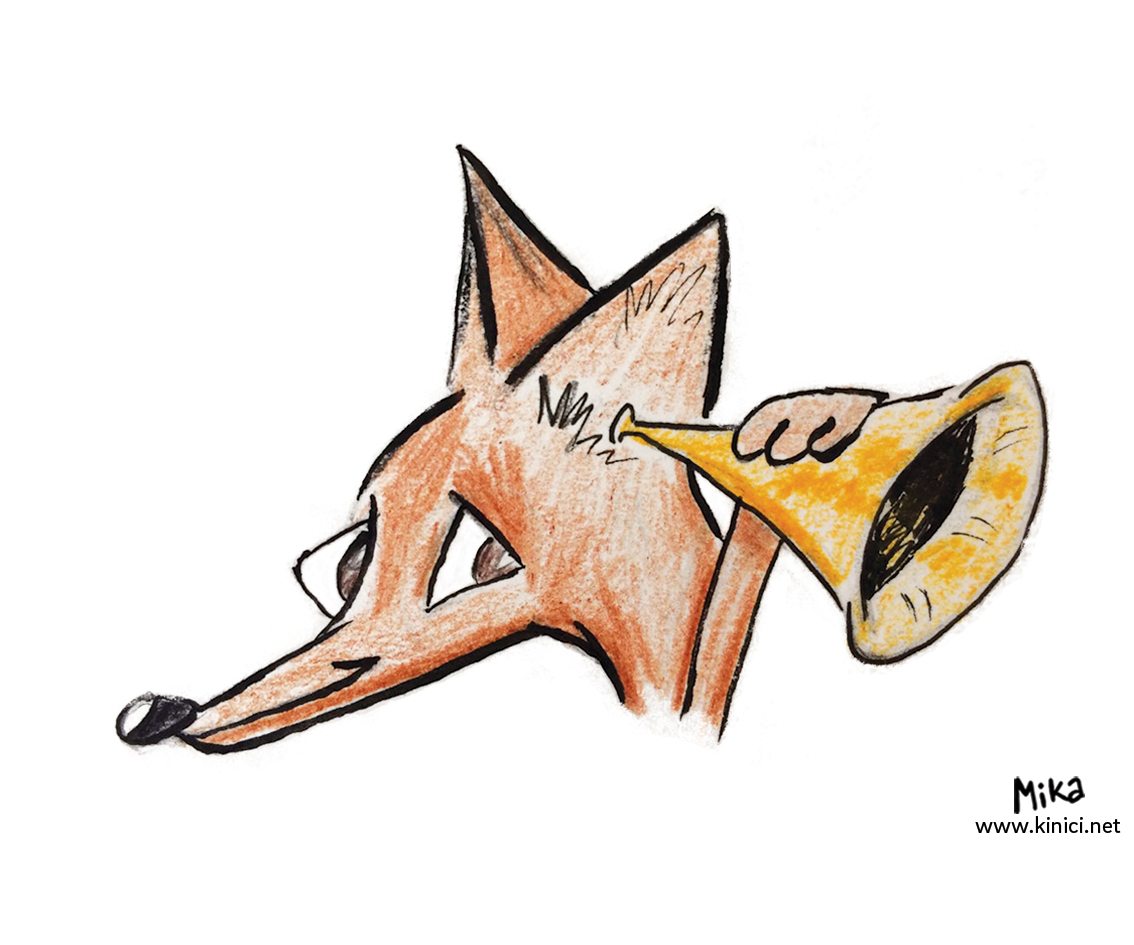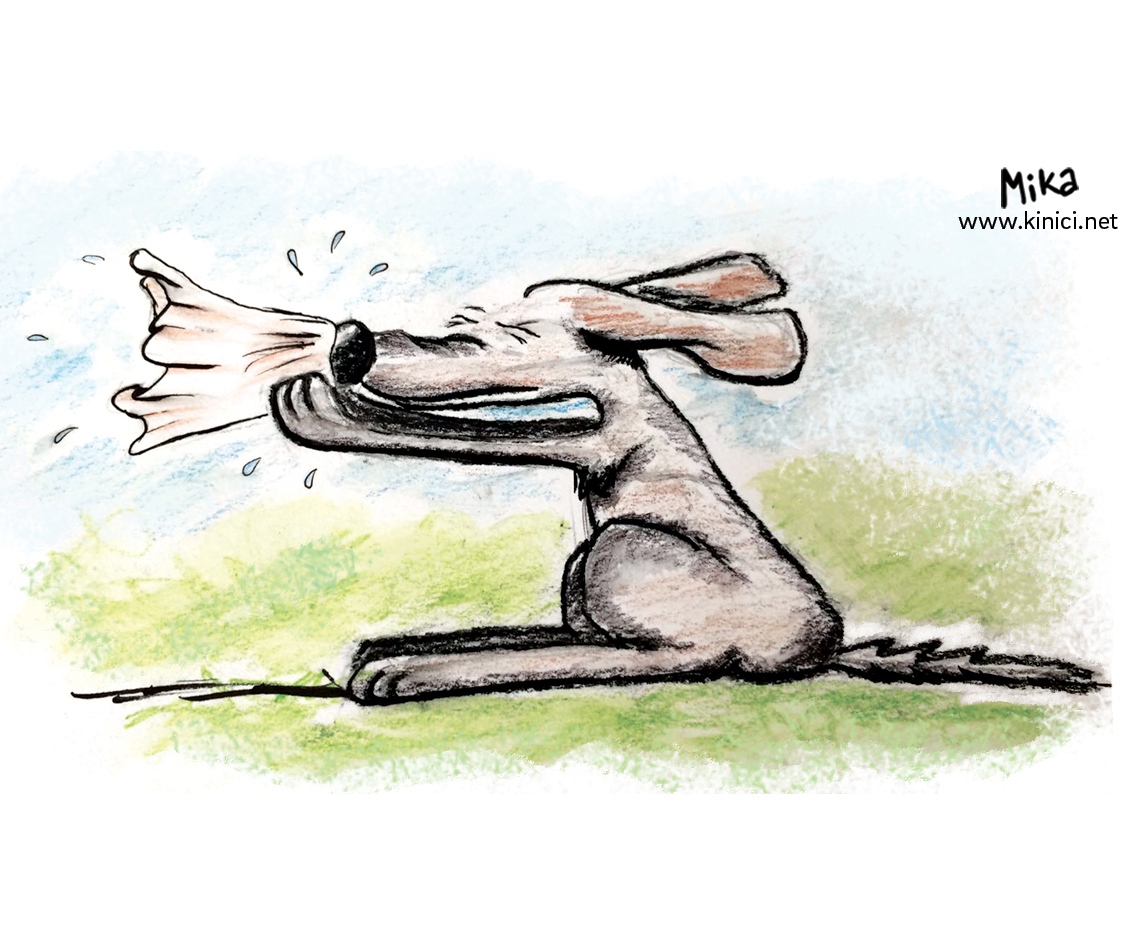Senses
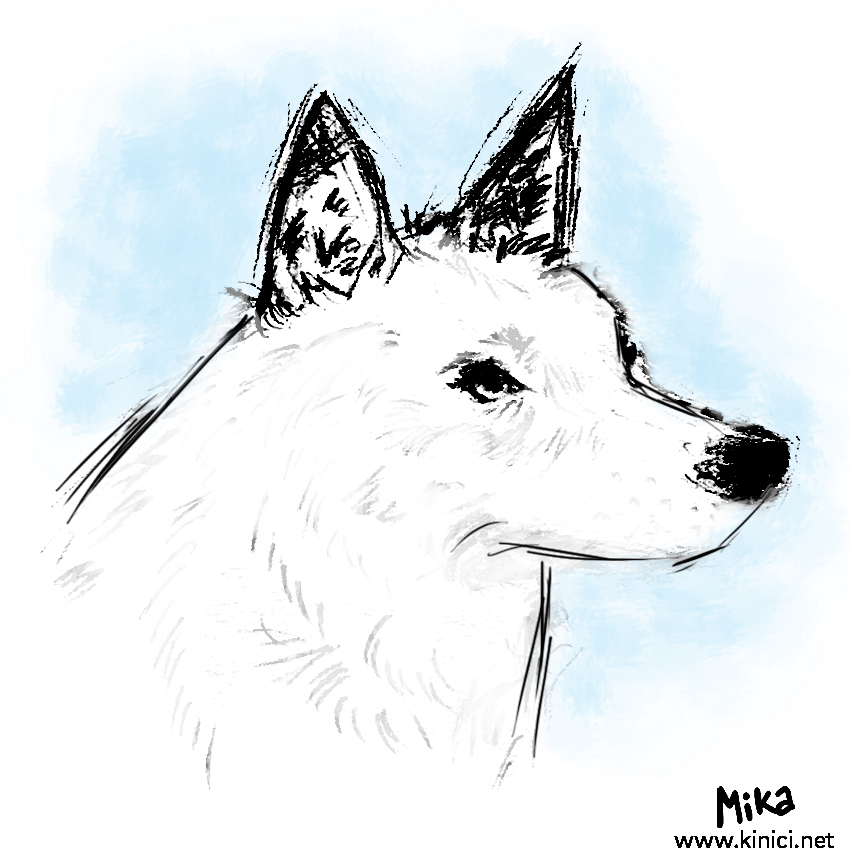 Before all, we live in a physical world and interaction within it is achieved through five senses: smell, sight, sound, touch and taste. Which sense will be most advanced depends on which one provides optimum survival in living environment and while hunting. Some species form sense-based hierarchy in which two or three senses are more distinct than others.
Before all, we live in a physical world and interaction within it is achieved through five senses: smell, sight, sound, touch and taste. Which sense will be most advanced depends on which one provides optimum survival in living environment and while hunting. Some species form sense-based hierarchy in which two or three senses are more distinct than others.
The most developed sense in wolves is smell. It develops before sight and hearing. That is why wolves trust the most their sense of smell, because it is most refined, than sense of sound and lastly the sight. In domestic dogs, development of senses goes differently or they develop at the same time which is why it is impossible to state which sense is the most advanced in domestic dogs and in which order they might be ranked. With some specimens it is smell, with others sight; some have more distinct hearing while others do not; some dogs are more flexible and use all of the senses equally. Senses shaped the brain of dogs and greatly determined their behaviour and perception of the world. Some make eye-contact with humans with an ease, some interpret it as a provocation and dominance which is very natural reaction for a dog, since it is the smell, not the sight, main mean for dog encounter. The most information about the world dogs get through sense of smell, while for humans it is through sense of sight which makes 60%–70% of information.
Because of highly developed senses, most of the stimuli that are disturbing are not their favourite. They are extremely sensitive to loud and sharp sounds and scents, and little bit less to intense light.

